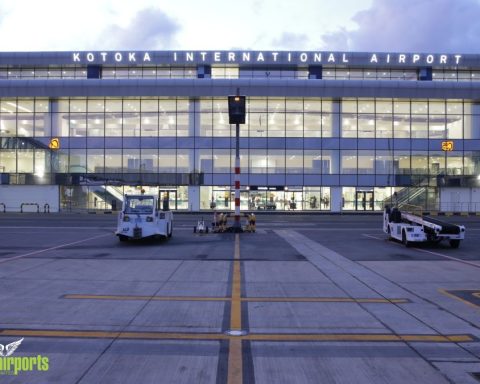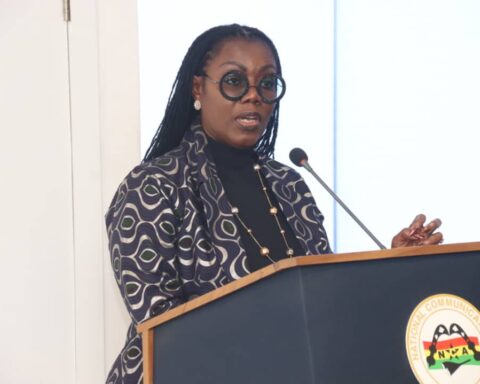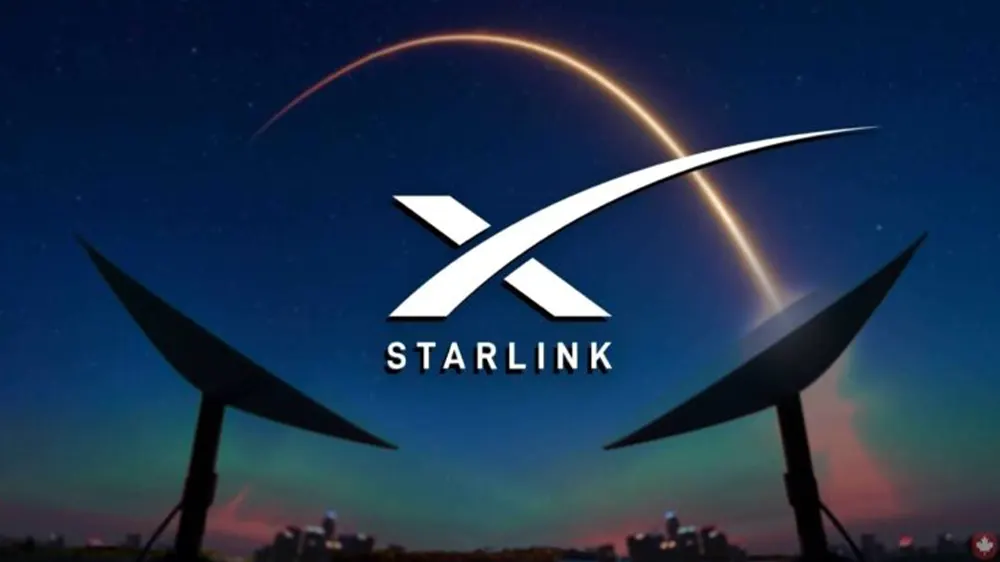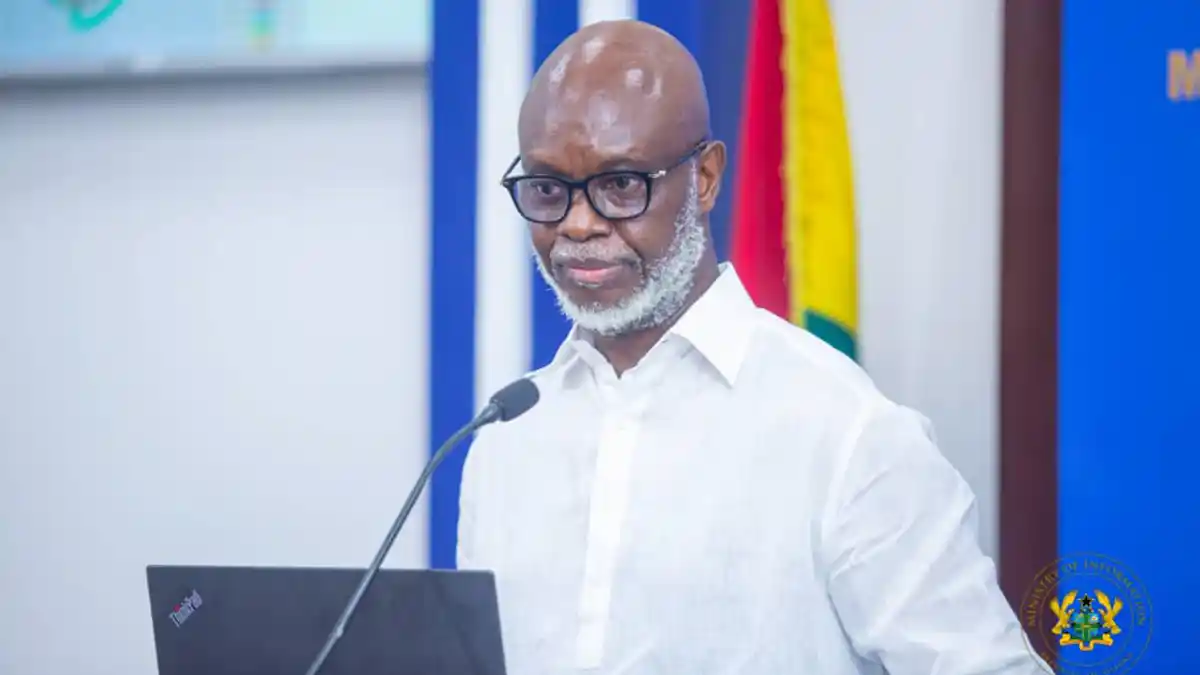The recent undersea cable disruptions that caused internet blackouts in multiple West African nations, each country's response has revealed intriguing insights into redundancy strategies and recovery efforts.
IMANI Vice President Bright Simons offered a breakdown of how various affected countries are handling the data disruption, shedding light on the complex dynamics at play.
Sierra Leone emerged as a standout case, with its main Cable Landing Station operator, Zoodlabs, successfully restoring 100% capacity through well-designed redundancy logic. Simons highlighted the country's smart branching unit topology as a key factor in achieving this remarkable feat, emphasizing the importance of regulatory bodies learning from such successes.
Despite market differences that may limit redundancy strategies, Simons underscored the need for smarter broadband policies, advocating for the implementation of local Content Delivery Networks (CDNs) and terrestrial links.
According to CDN observatories, Liberia and Togo have nearly fully recovered from the disruptions, while Ivory Coast is witnessing a gradual pickup in traffic. Ghana and Burkina Faso initially showed signs of recovery but encountered setbacks. However, overall recovery is happening faster than expected across most West African countries.
Ivory Coast's notable recovery strategy involves a “pooling” method, where all telcos have shifted to the Moov line. In contrast, Ghana's cable utilization remains low, prompting questions about the effectiveness of pooling strategies, particularly utilizing the Glo-1 line.
Clarifying the situation in Ghana, Simons highlighted that four out of five cables are down, with only the Glo-1 cable, used by AirtelTigo, operational. He questioned why multiple telcos cannot pool through a single cable, a strategy successfully employed in Ivory Coast.


Simons also raised cybersecurity concerns, noting that Ghana's practice of centralizing all cables in one Accra station operated by Netactuate could pose a tempting target for cyber-attacks. In contrast, Nigeria's decision to land cables far away from Lagos was motivated in part by security considerations.
Delving into Ghana's specific situation, Simons raised critical questions about the efficacy of measures like “pooling,” which proved successful in Ivory Coast. He expressed concerns about the socioeconomic impact of the outage and urged authorities to provide more detailed explanations, particularly regarding Ghana's low connectivity status, which currently trails behind other affected nations.

Mr Simons feels the statement released by Ghana's telecom regulator, the NCA, while providing a timeframe of minimum 5 weeks for the internet cables to return to normal, does not explain why Ghana's connectivity level is now the lowest in the region, even lower than Ivory Coast, the worst impacted.


“The NCA statement does not explain why measures, such as “pooling”, which have improved things for Ivory Coast and others, don't work for Ghana. The socioeconomic impact of this outage is such that the authorities need to provide more detailed insights than they have done so far.” Mr. Bright Simons added.











